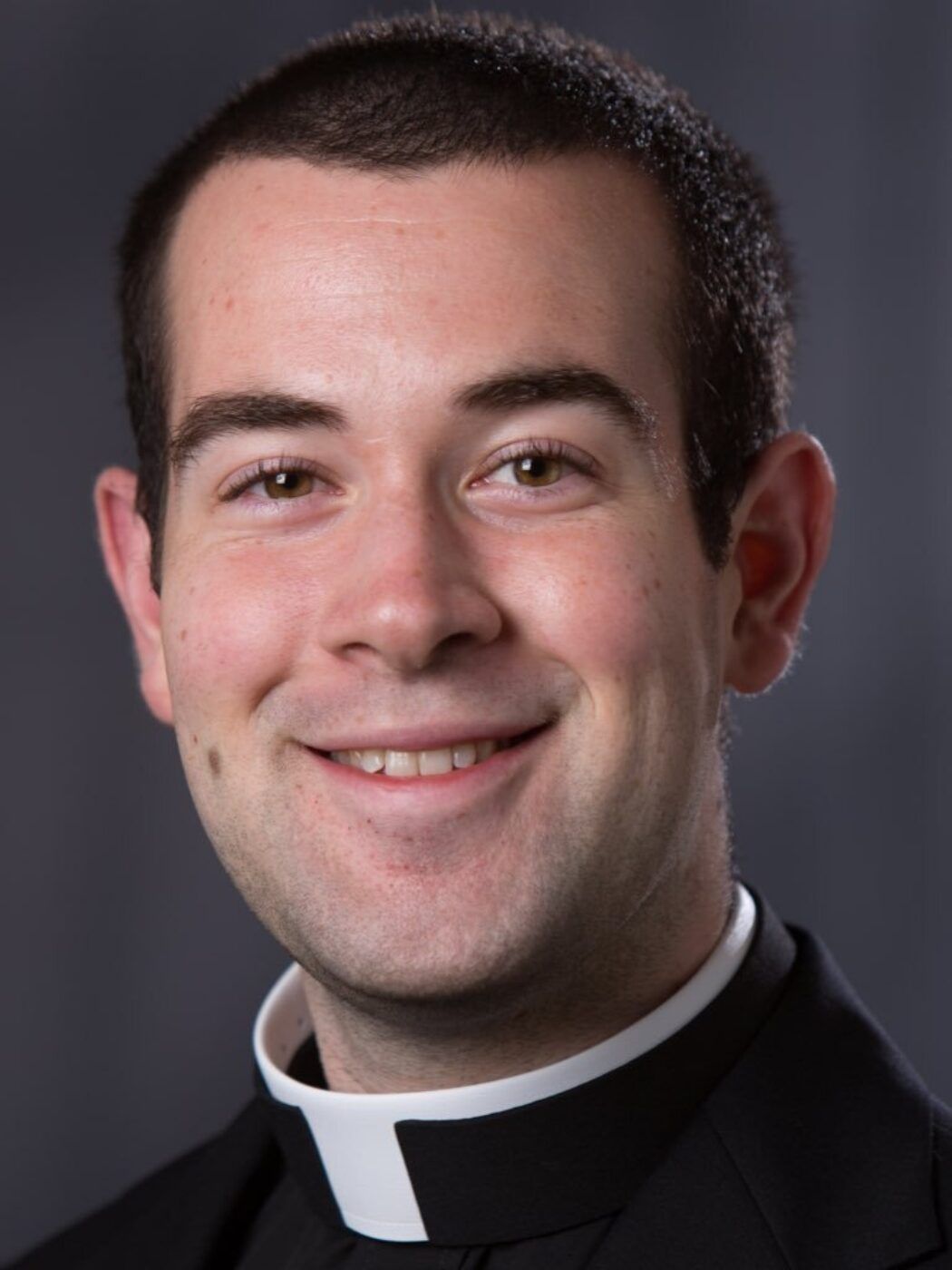In his memoir entitled Surprised by Joy, the Anglican writer C.S. Lewis maps out the mental geography of his interior life as he journeyed from atheism to the eventual embrace of Christianity. His was a long and winding path, filled with questioning and confusion. Like many unbelievers, he was not an unthinking reactionary but a person seeking to engage with the deep truths of reality, and this was an encounter he hadn’t experienced in the trite and sentimental expressions of Christianity he knew before arriving at Oxford.
A central thread of Lewis’ journey to Christ wound around the experience of joy and longing. He realized that beneath the pursuit of pleasures and influence, there was an immense longing which neither of these things could fill. Indeed, for Lewis true joy bore very little relation to pleasure or happiness. He noticed how pleasure passes so quickly and at its end leaves one subtly disenchanted. Happiness brings us a sense of contentment, but if we allow ourselves the silence and stillness to notice, an aching yearning remains in the depths of our soul. And sometimes it is actually during exceptionally beautiful and peaceful moments in life that this yearning is felt the most - the sight of a majestic sunset, or a particularly evocative painting, or while listening to a powerful piece of music - one can feel almost eviscerated by the touch of beautiful mystery which seems to open upon a fullness which one cannot quite reach, and this tortuous feeling of being so close and yet so far away is a pain more magnificent than any pleasure.
Lewis writes, “It is just when there seems to be the most of heaven already here that I come nearest to longing for a patria. It is the bright frontispiece which whets one to read the story itself. All joy (as distinct from pleasure, still more amusement) emphasizes our pilgrim status; always reminds, beckons, awakens desire. Our best havings are wantings.”
Lewis realized that every longing has its corresponding object. We feel hunger; there is such a thing as food. We thirst; there is liquid. We feel tired; there is sleep. But what of this mysterious desire, so hard to describe, which makes itself known in secret? This yearning which seems to be triggered by beauty but fulfilled by nothing in this world? Lewis realized that this desire was for God, and this desire would not exist if He did not exist. As God is constant, so is our desire for Him.
“…that something which you were born desiring, and which, beneath the flux of other desires and in all the momentary silences between the louder passions, night and day, year after year, from childhood to old age, you are looking for, watching for, listening for? You have never had it. All the things that have ever deeply possessed your soul have been but hints of it—tantalizing glimpses, promises never quite fulfilled, echoes that died away just as they caught your ear. But if it should really become manifest—if there ever came an echo that did not die away but swelled into the sound itself—you would know it. Beyond all possibility of doubt you would say ‘Here at last is the thing I was made for.’ It is the secret signature of each soul, the incommunicable and unappeasable want, the thing we desired before we met our wives or made our friends or chose our work, and which we shall still desire on our deathbeds, when the mind no longer knows wife or friend or work. While we are, this is. If we lose this, we lose all.”
Through his Resurrection, Jesus opens the way to the Father. Our Lord tells us in today’s Gospel that while we walk this way, we have within us the outpouring of the Holy Spirit. The indwelling Spirit keeps us on track and points our lives heavenward. Our First Reading also testifies to the presence of the Holy Spirit, as Peter and John lay hands on the new believers in Samaria. “And there was great joy in that city.”
The more we give ourselves to lives of love, the more surely are we anchored upon the way which ultimately leads to the fulfillment we are all seeking. Our present life is a precious time in which God seeks to prepare us for eternal communion with Him. In loving, we become capable of loving more. In the sacrifices that come with real love, we are stretched in order to receive and give more. The capacity for love which we develop in this life is meant to enter into the mystery of God when we go to meet Him at the hour of our death. Thus the importance of taking our Christian discipleship seriously.
We are in the school of love, and we should always be intent on going deeper. If you’re content with where you are right now in the spiritual life, then I don’t think you realize the sort of things God has in mind for you, things which He is willing to give when you are capable of receiving them. St. Paul says that eye has not seen, ear has not heard, nor has it so much as dawned upon the human heart what God has in store for those who love Him. We’ve longed for this, yearned for it within the depths of our hearts. Let’s run down the path which leads to our soul’s deepest desire. Let us so live that at the twilight of our lives, we will find ourselves not amidst the gathering of shadows but before the dawn of that sun from on high which we have looked for all our days. This is what God commands us - love one another. Remain in my love. As we approach the Eucharist, the sacrament of divine love, may Christ’s joy be more truly in us, that our joy may be complete.


